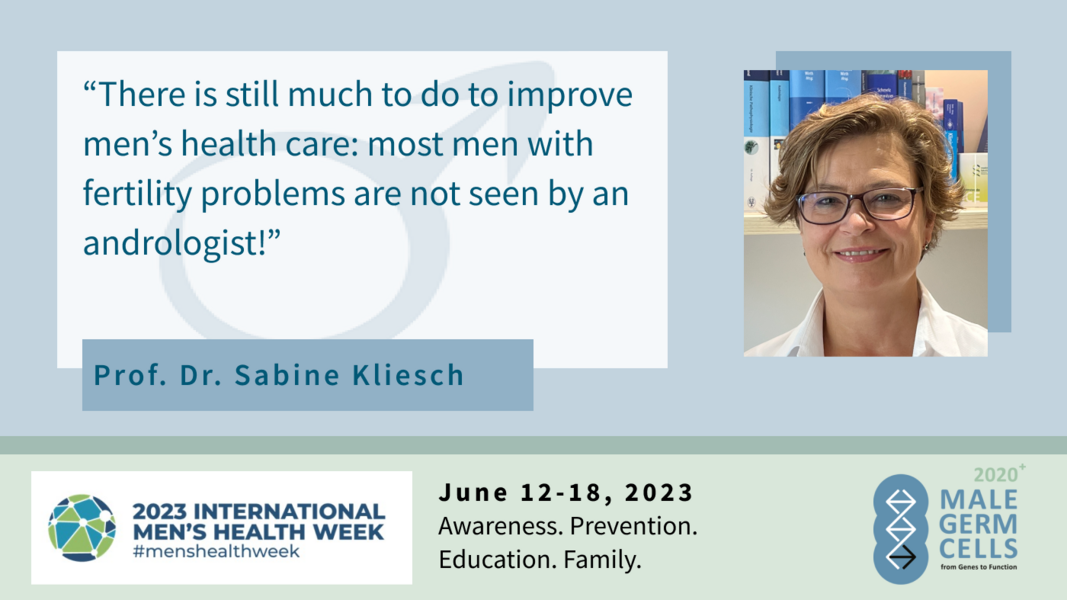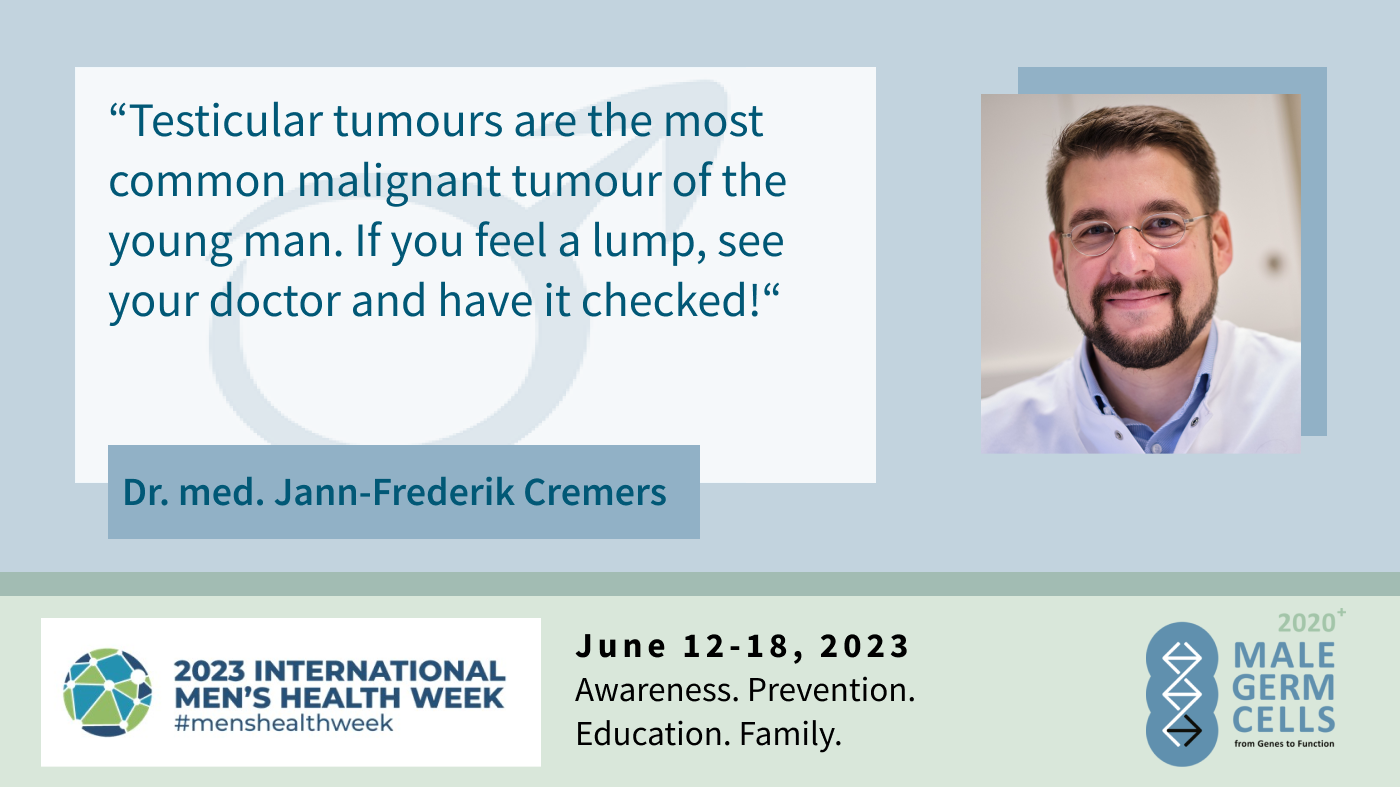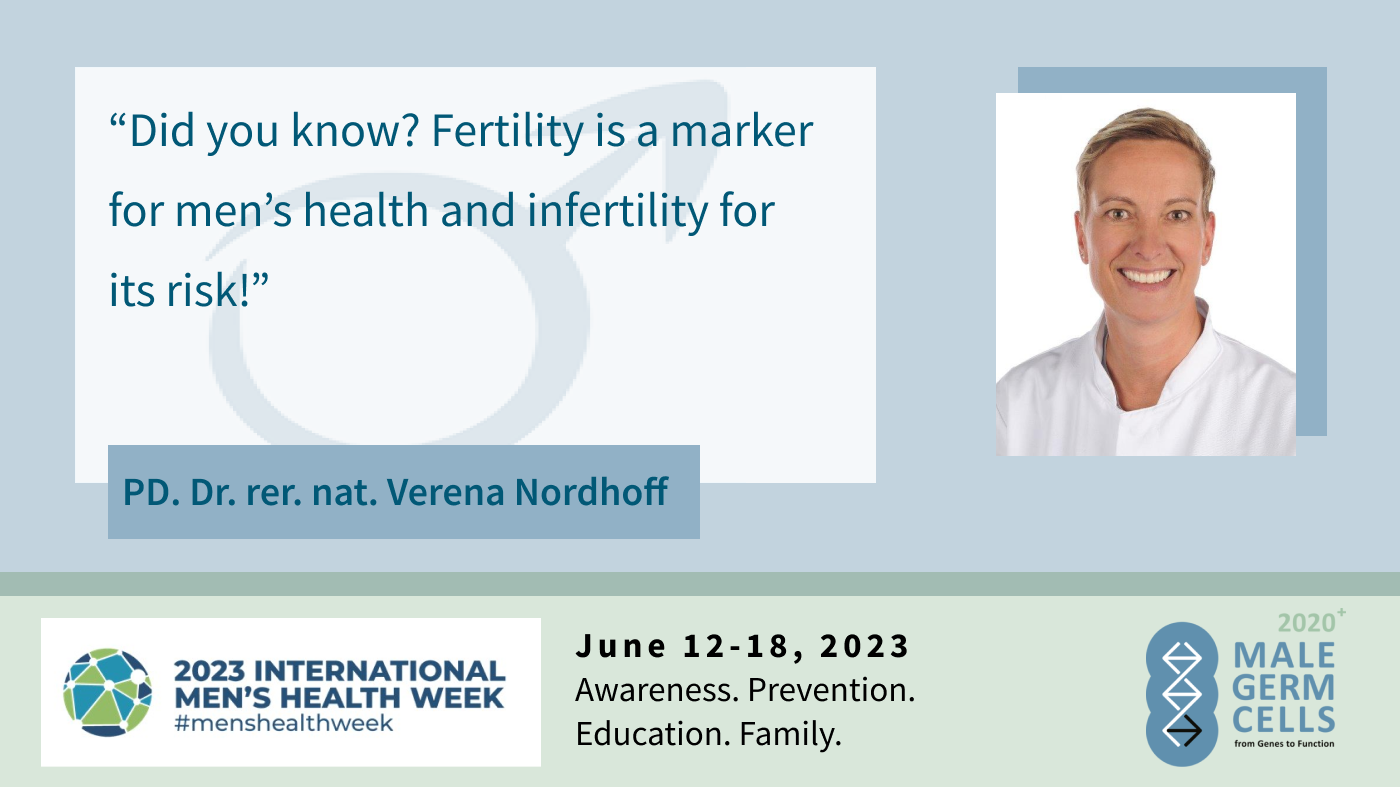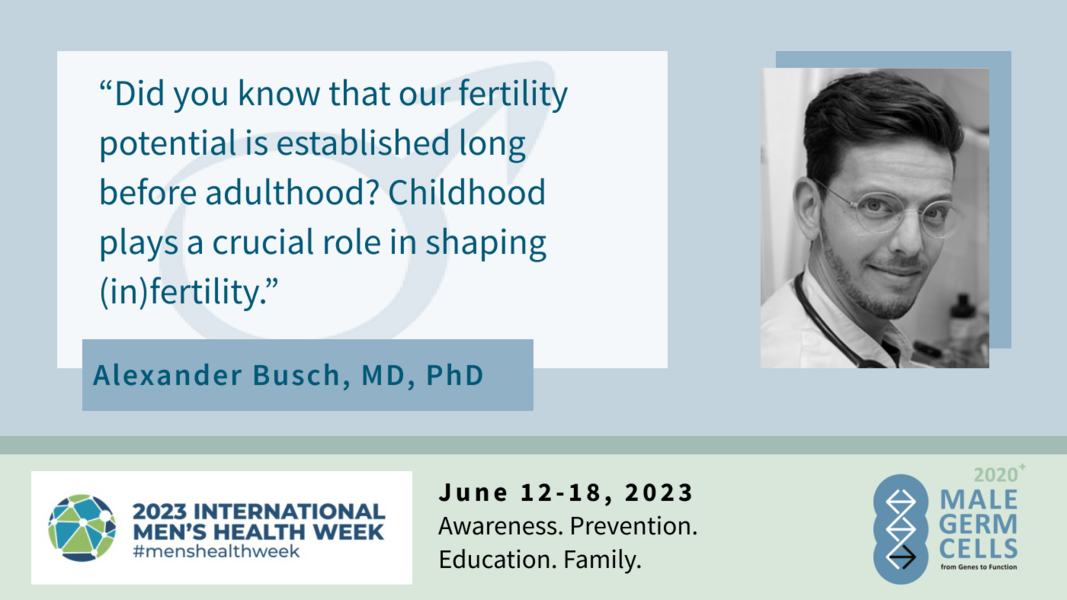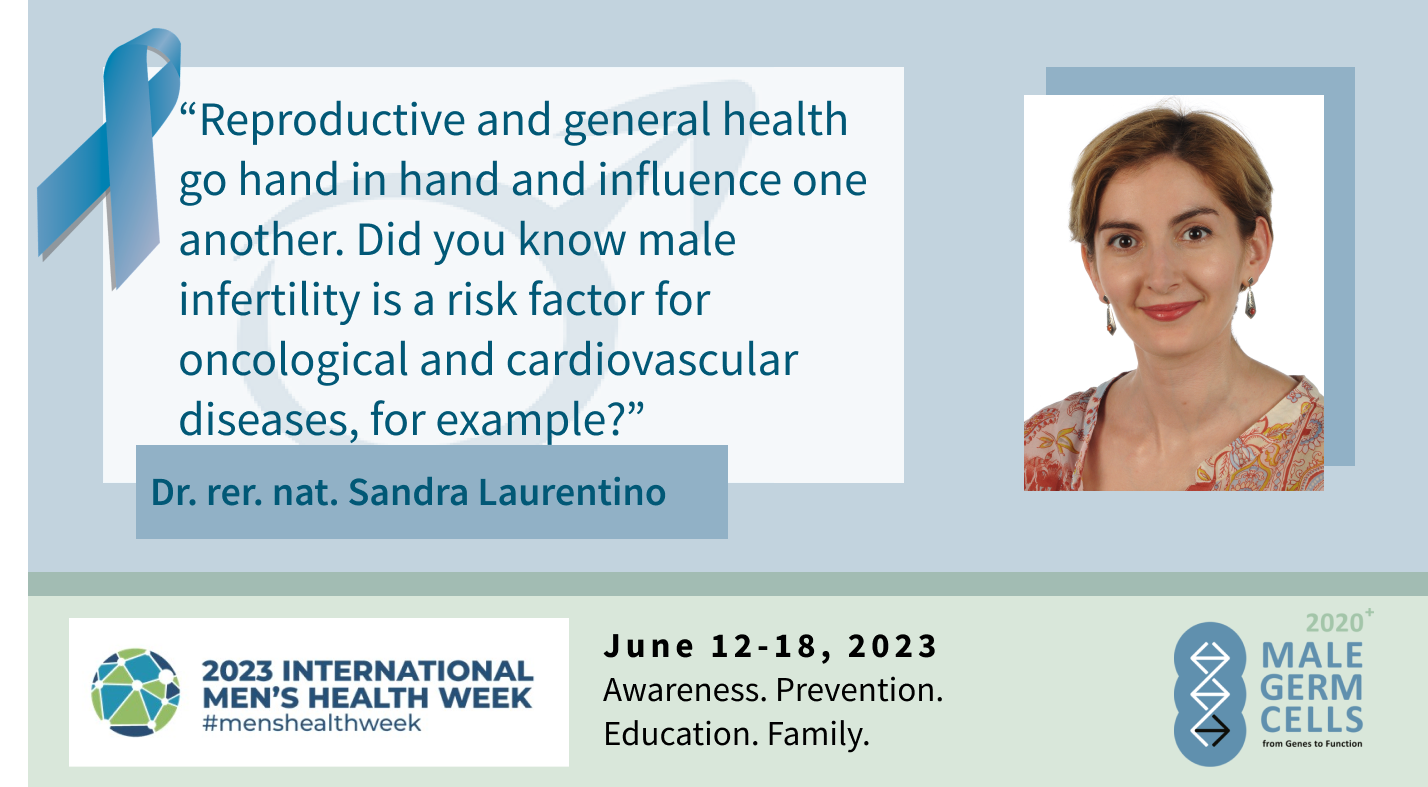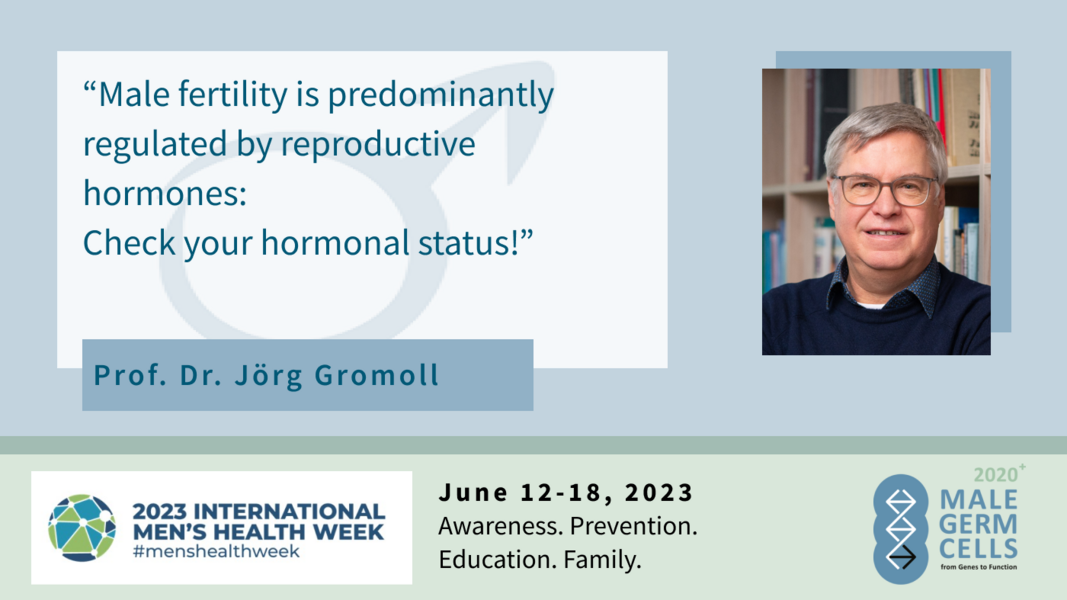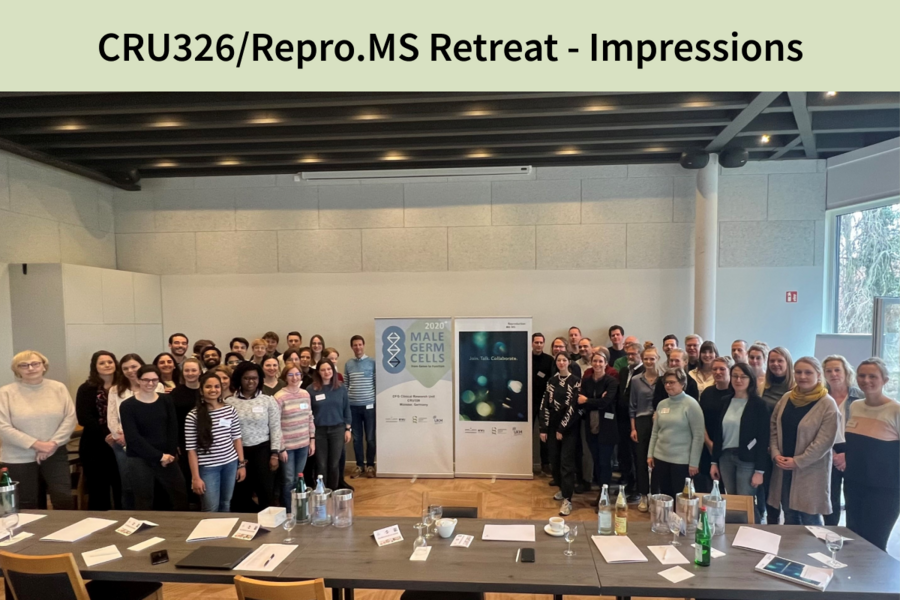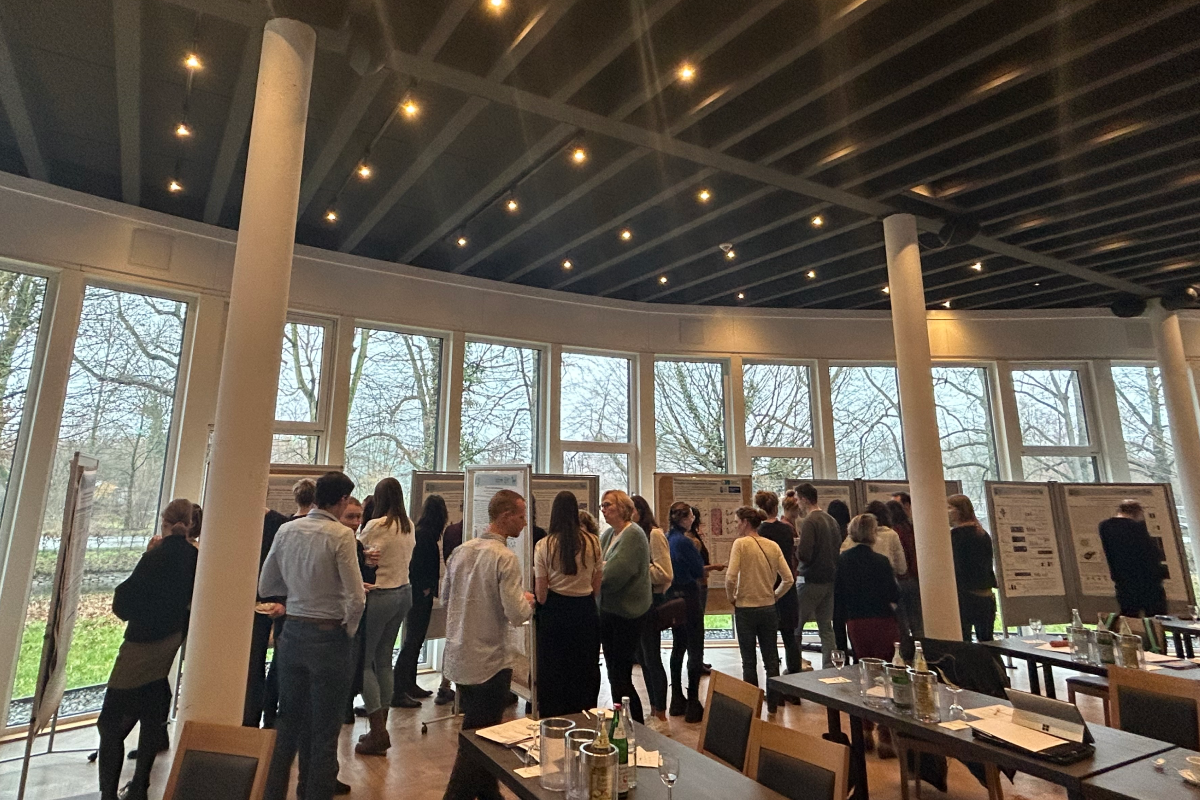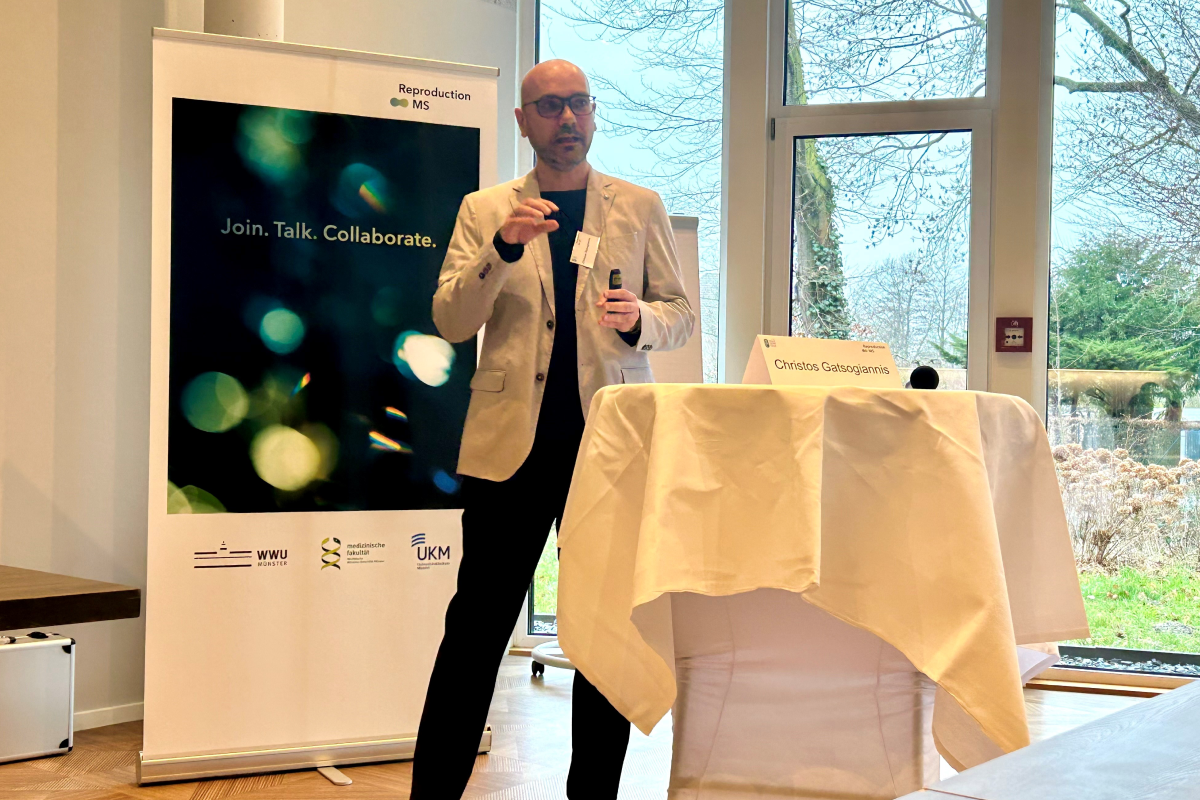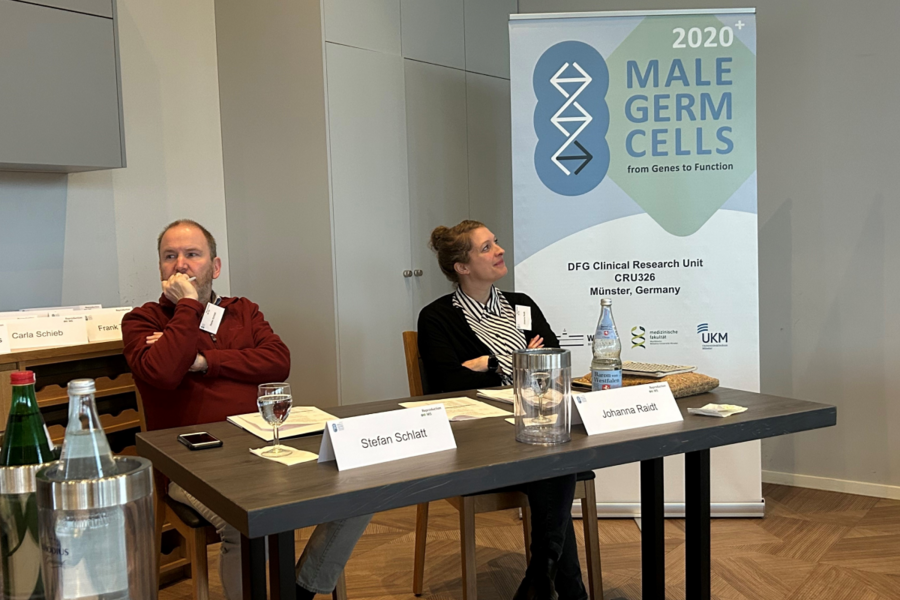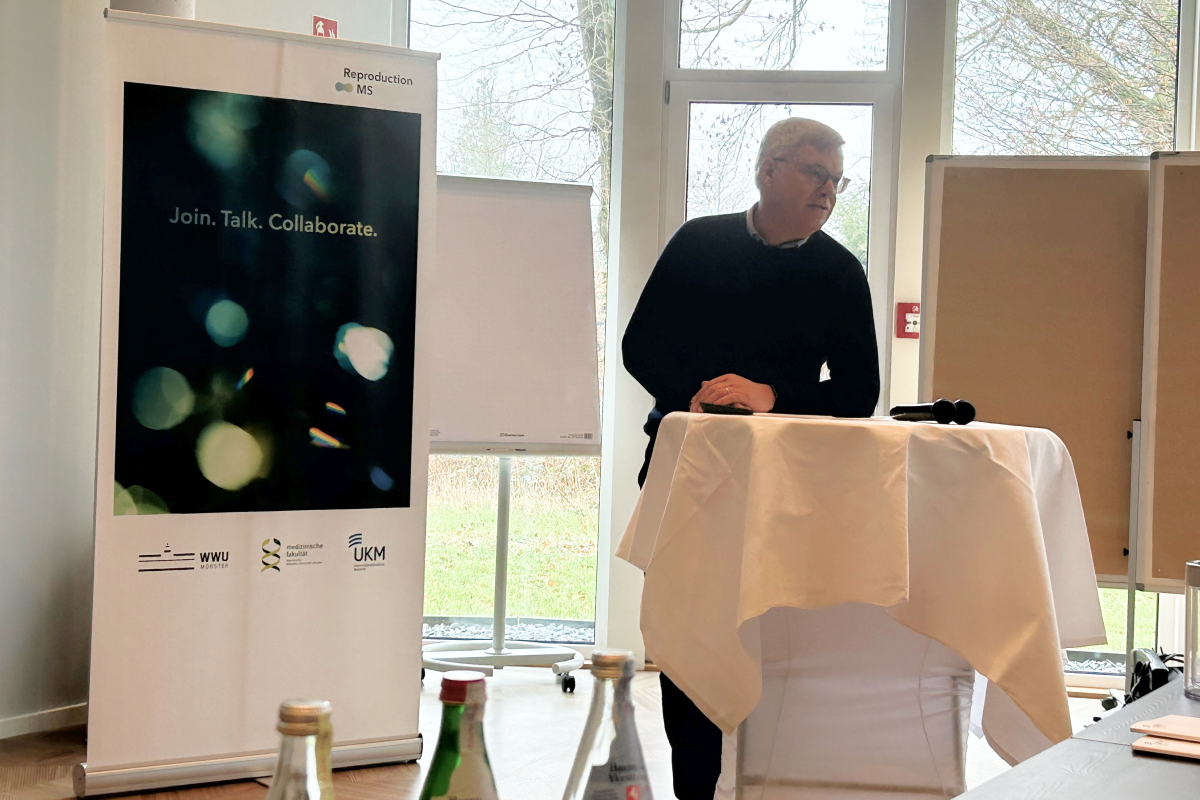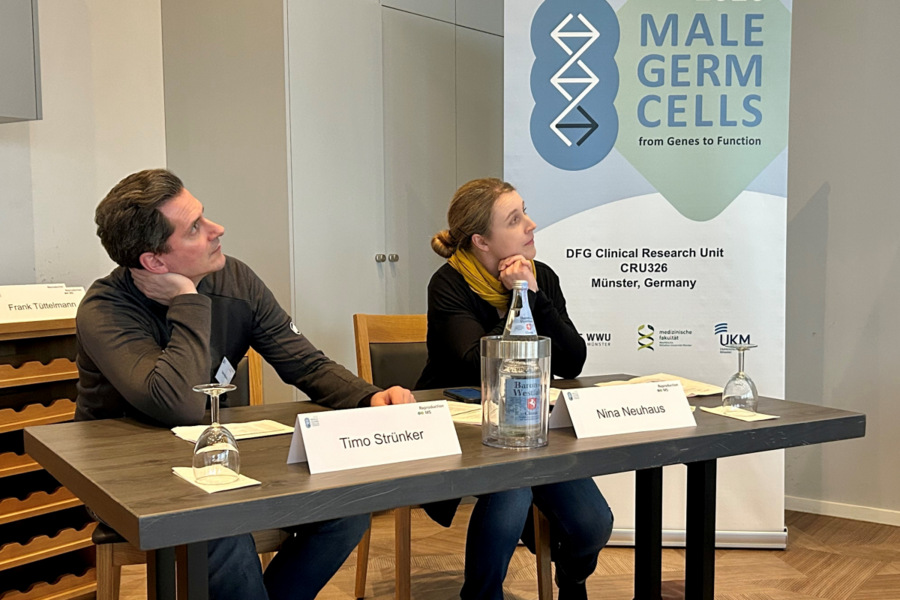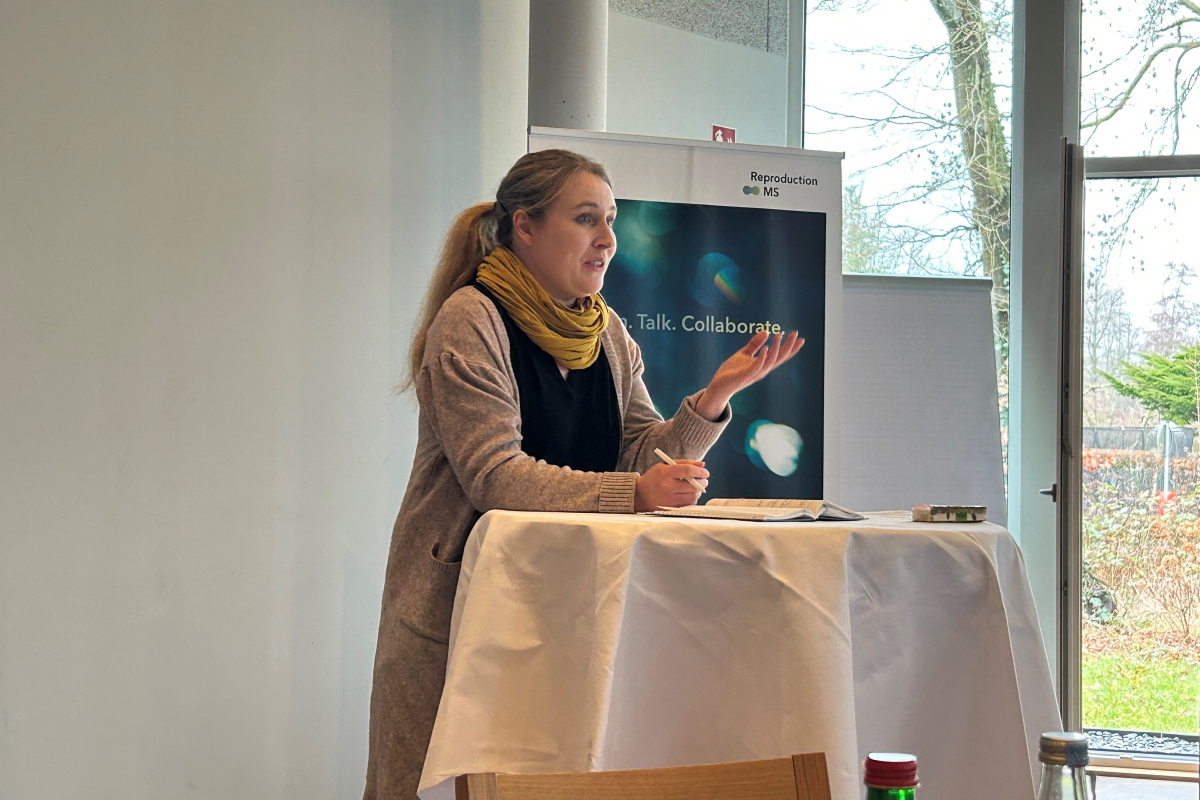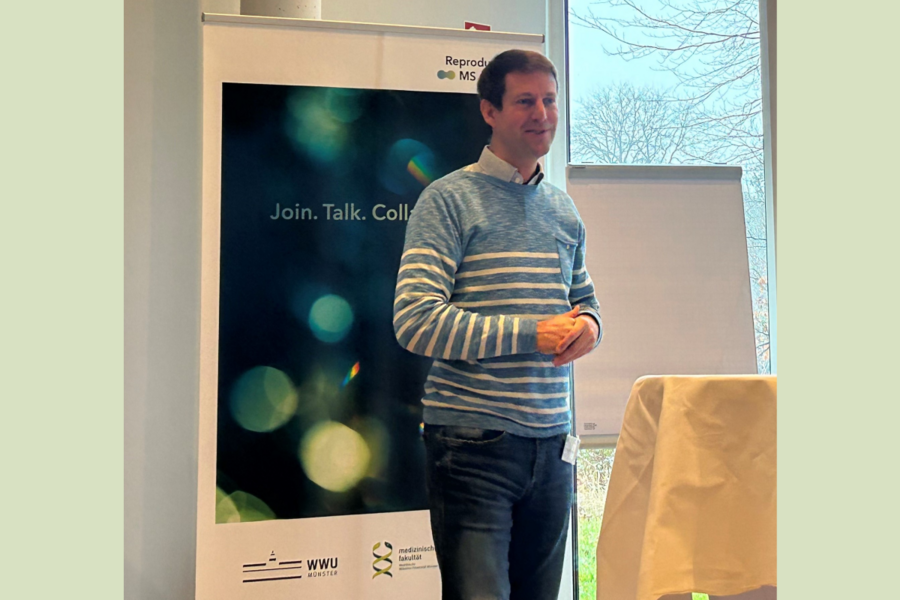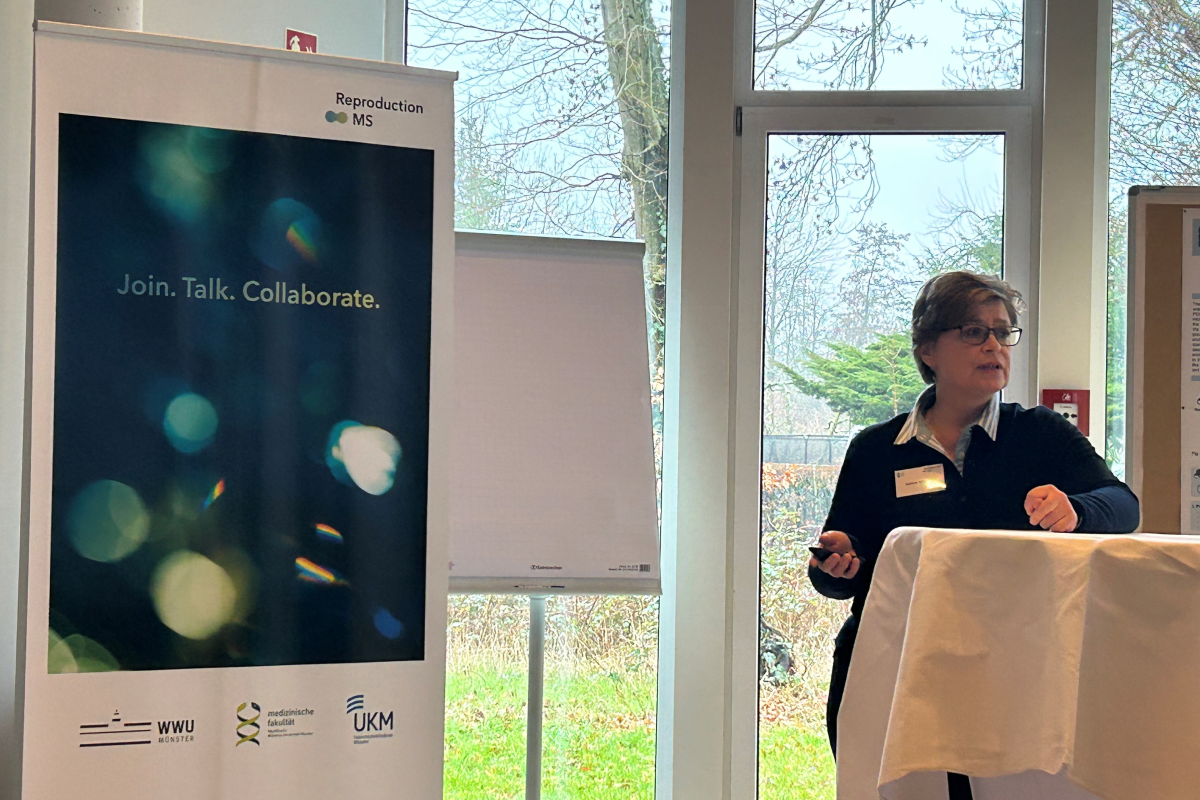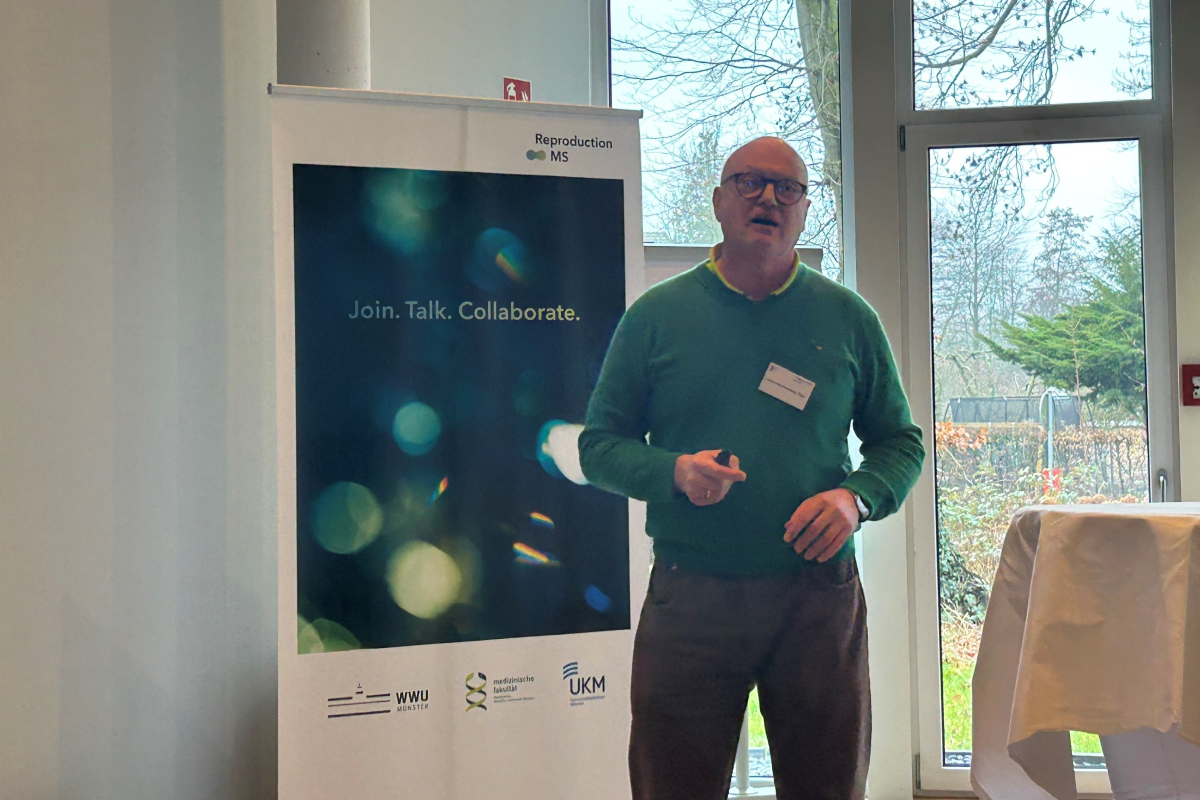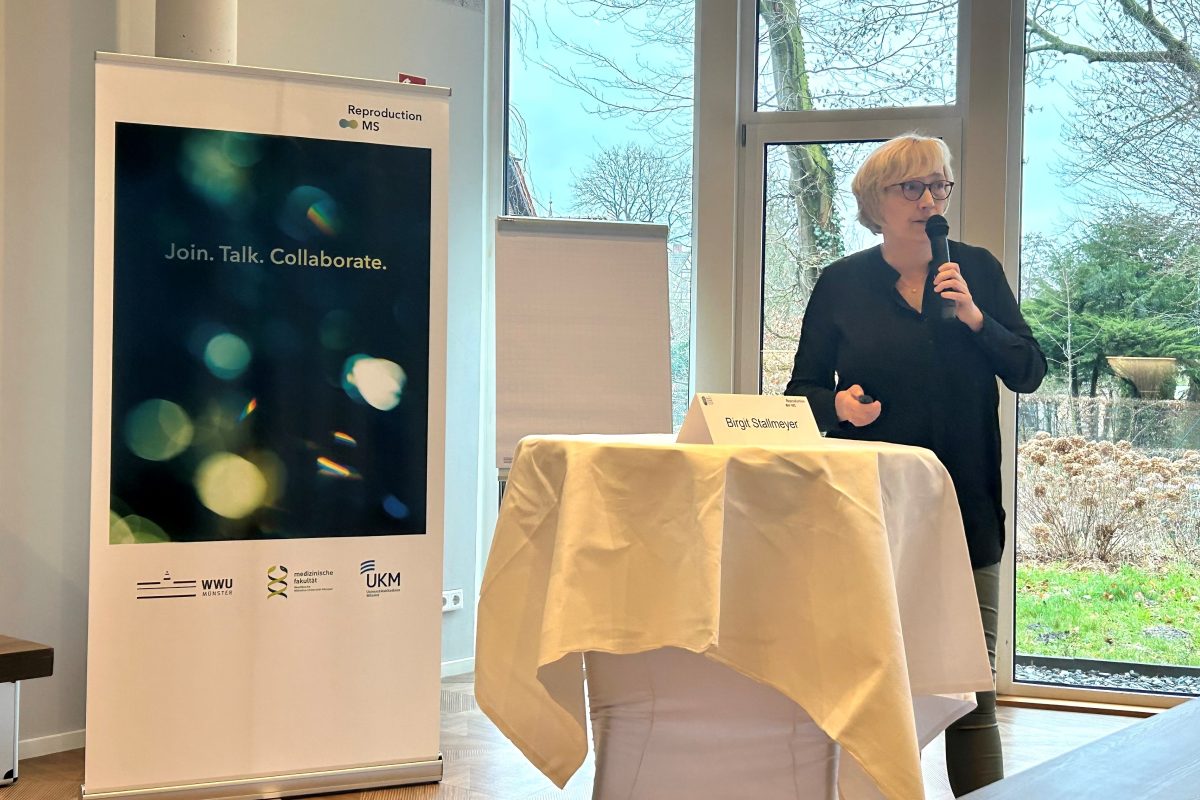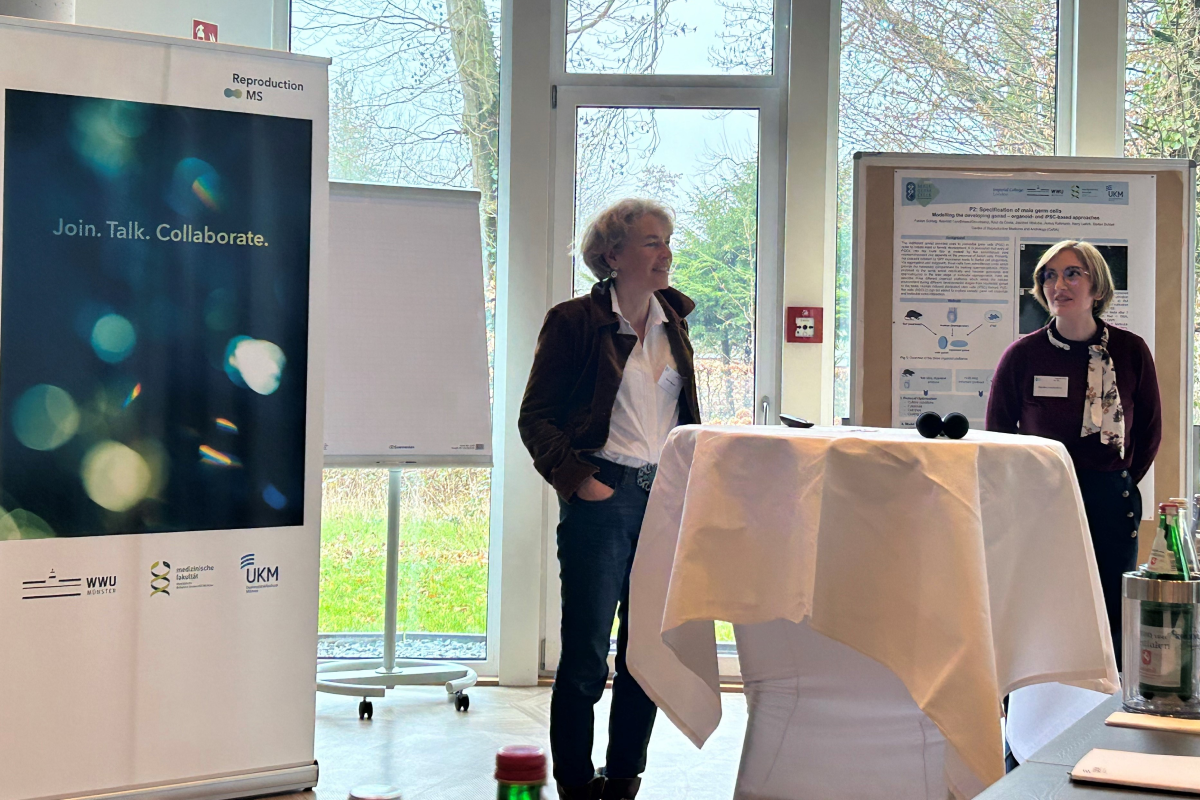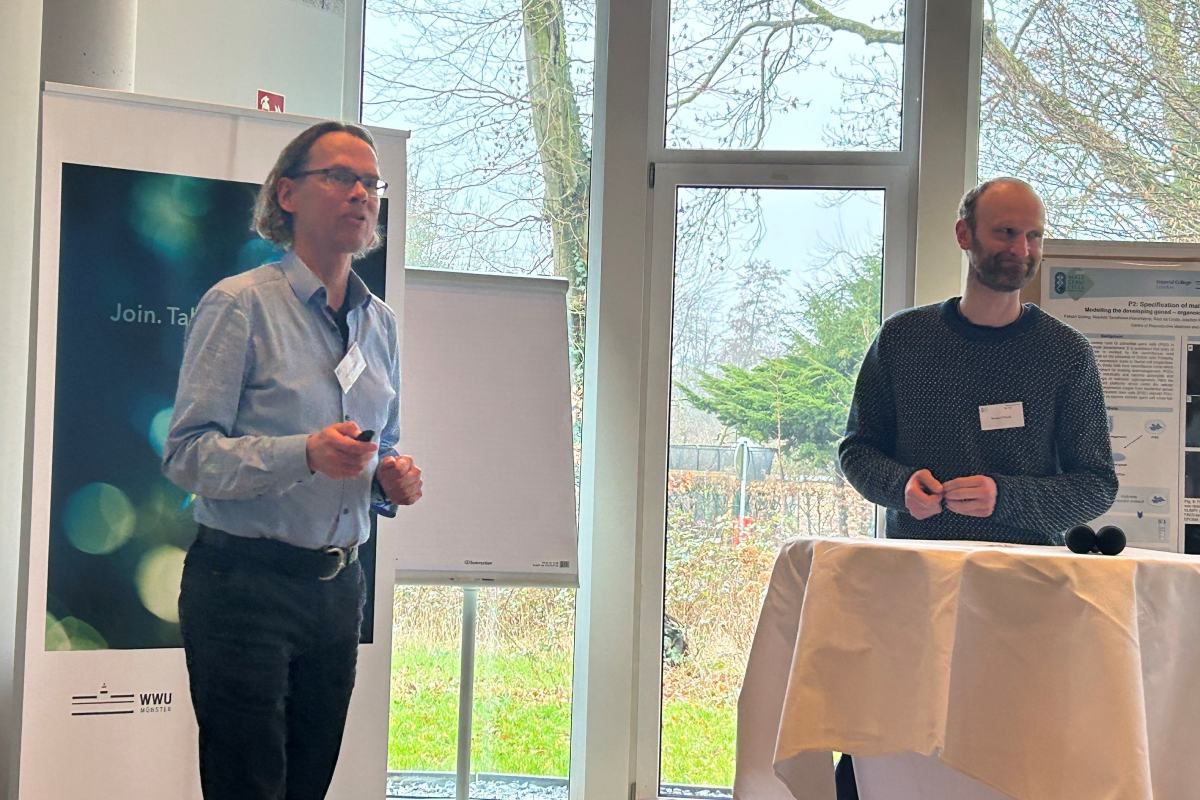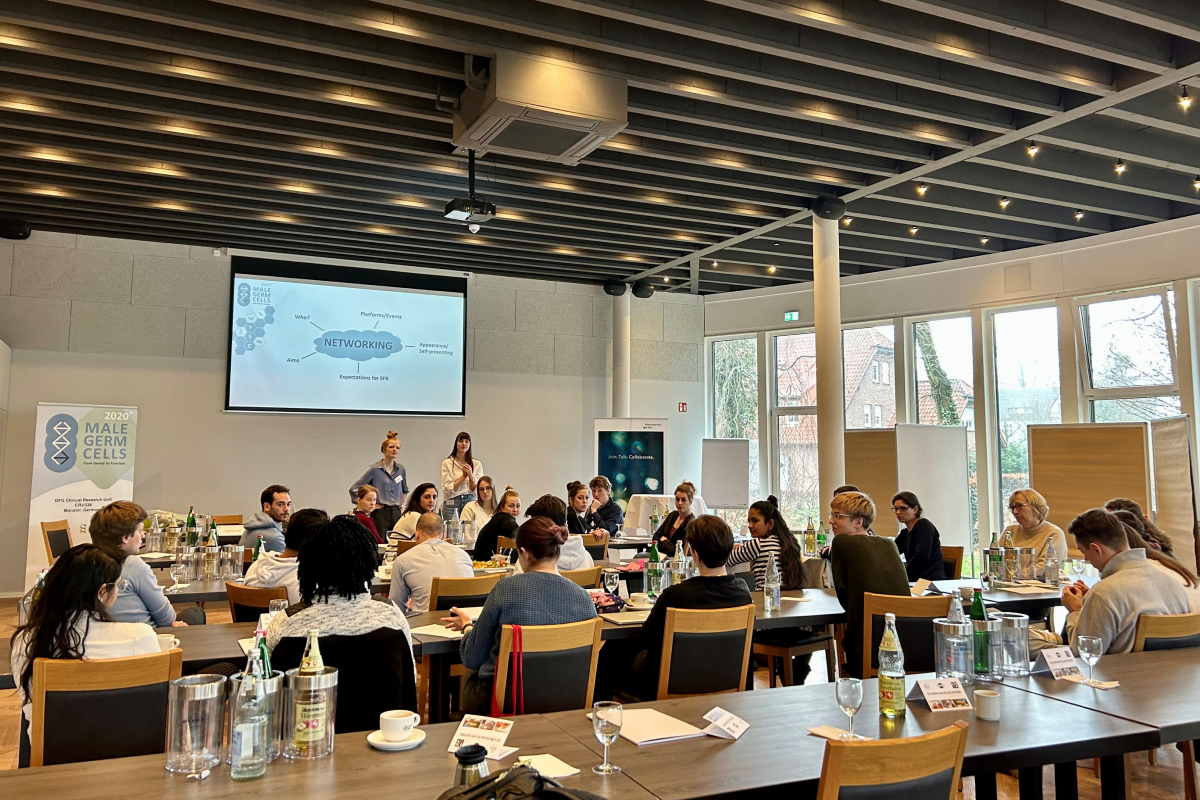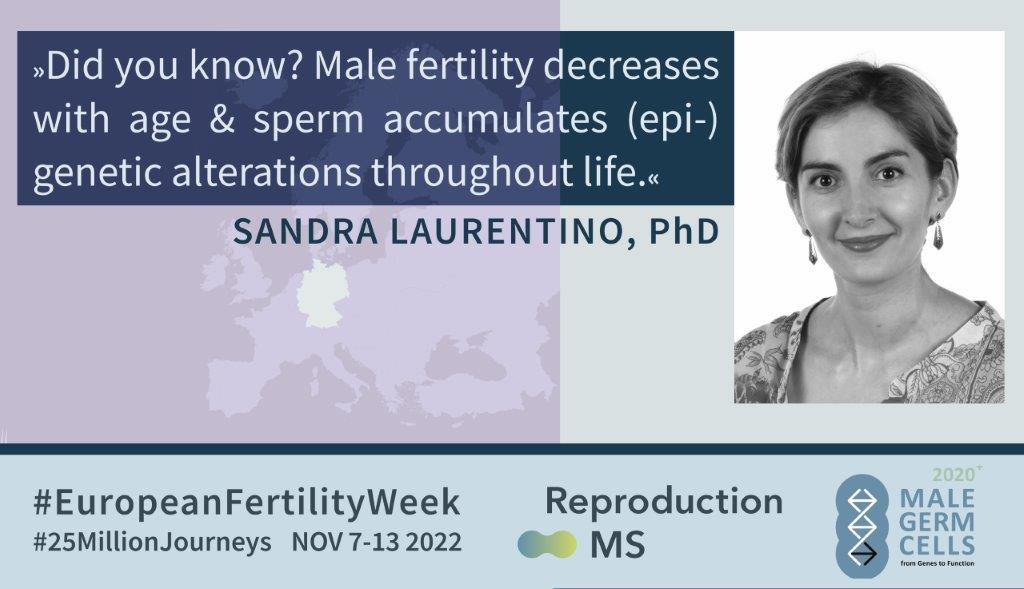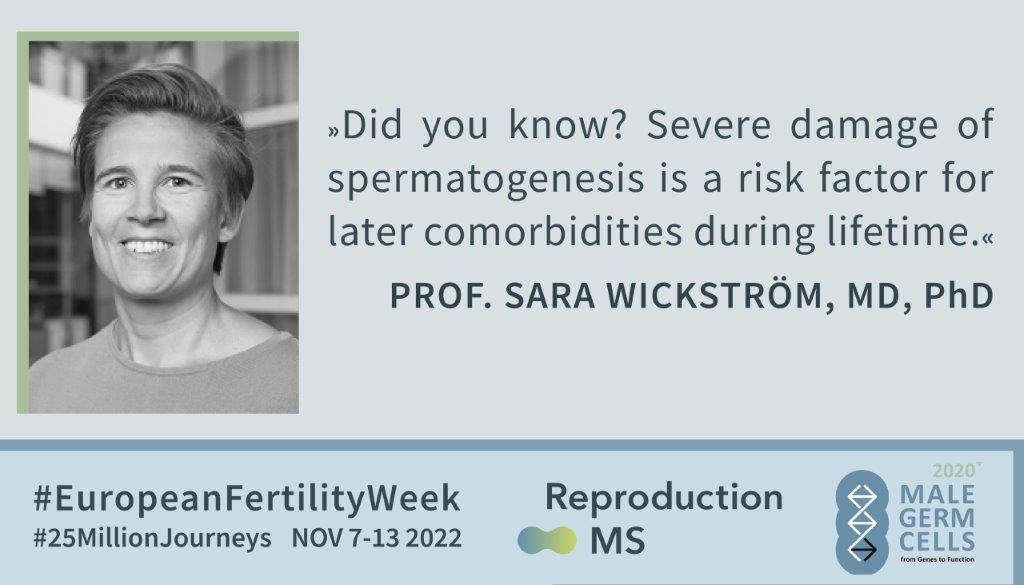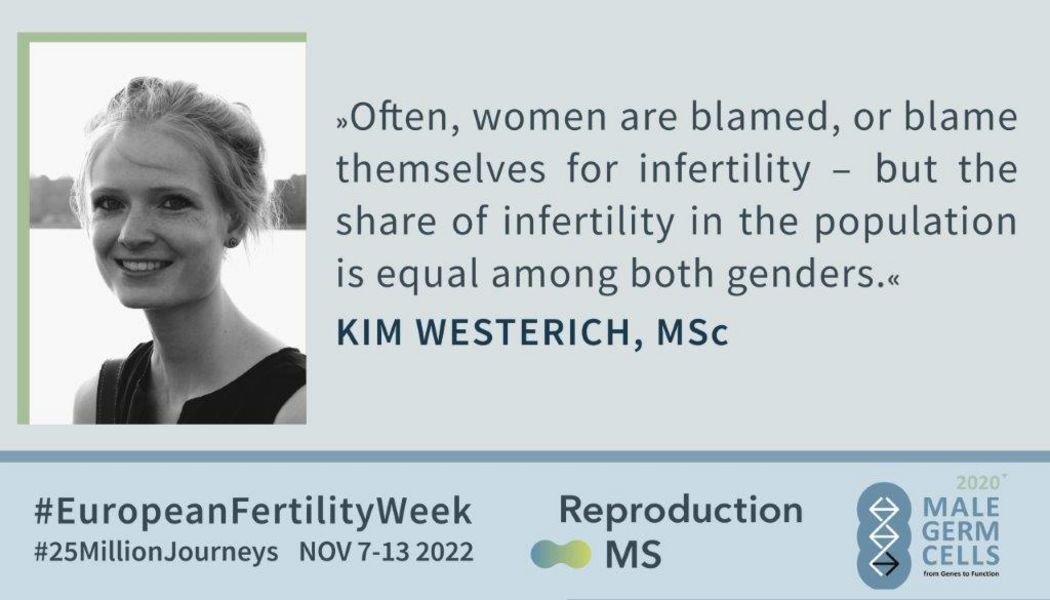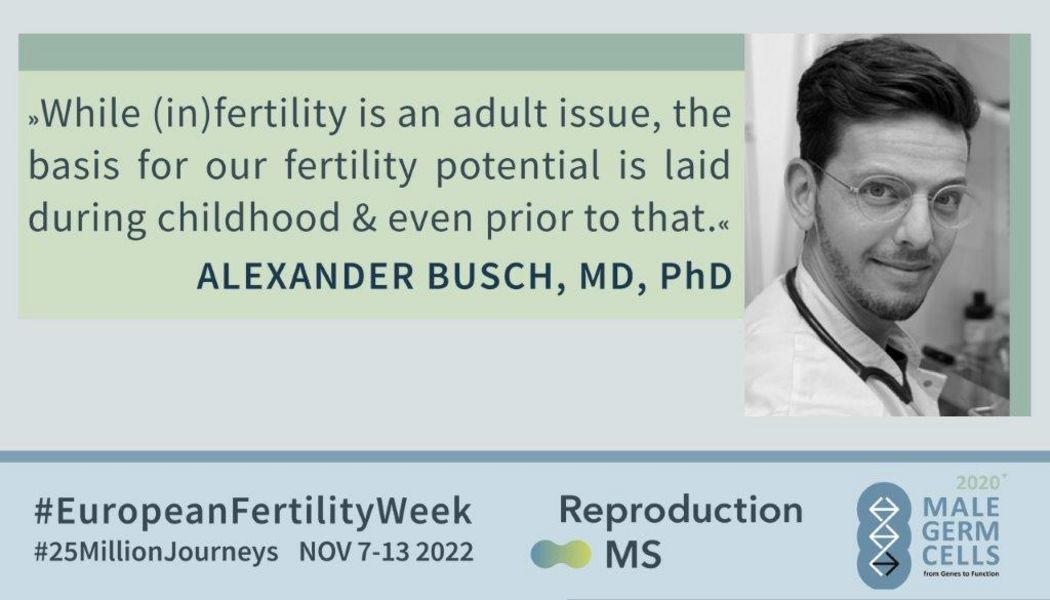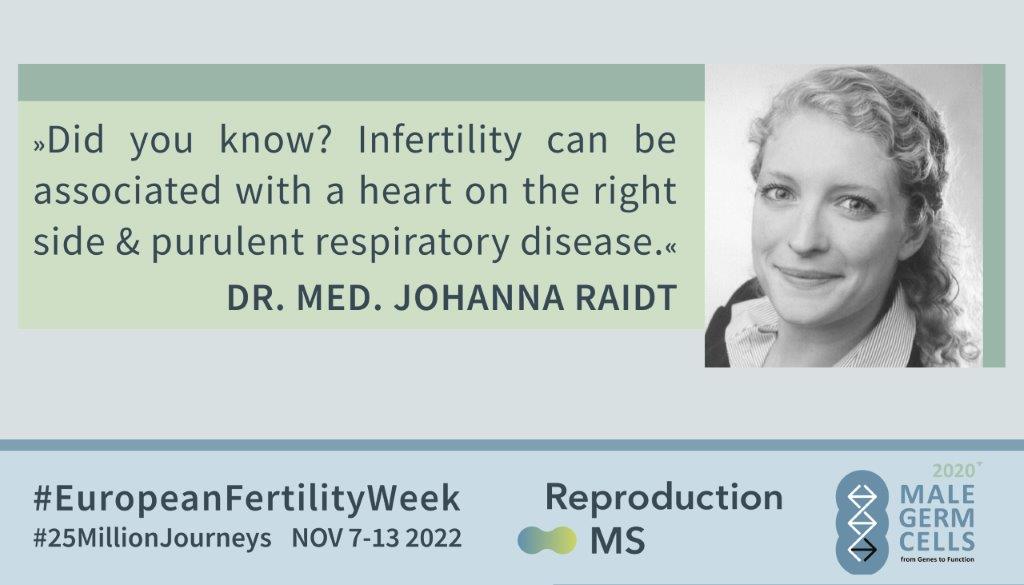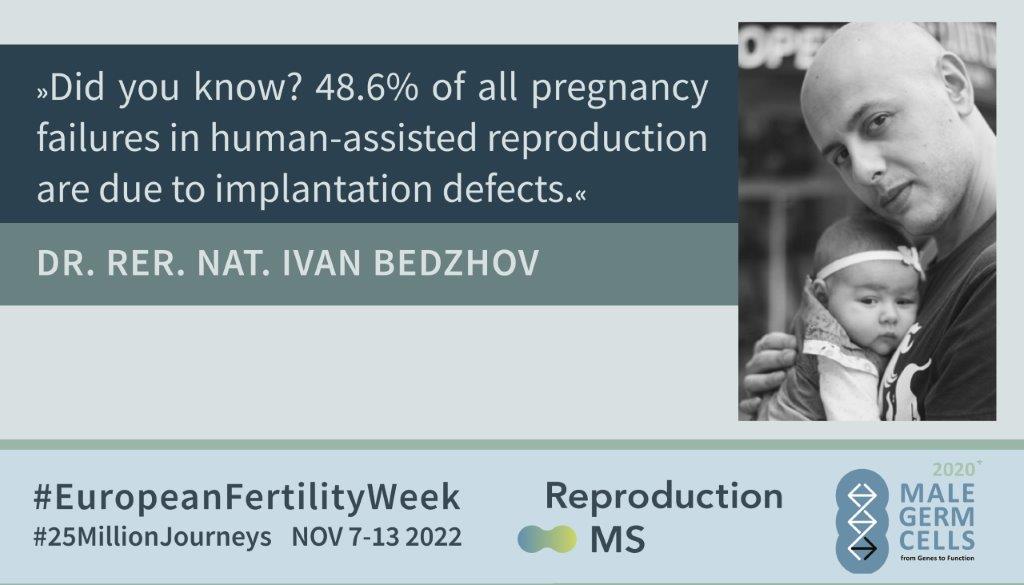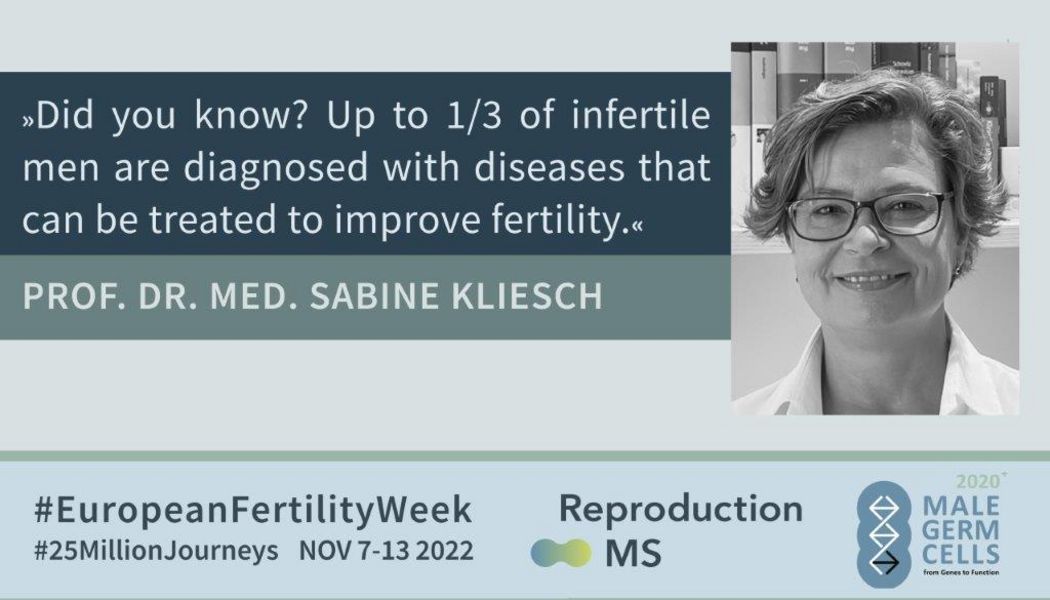Activities
ESC - Early-Career Scientists Club
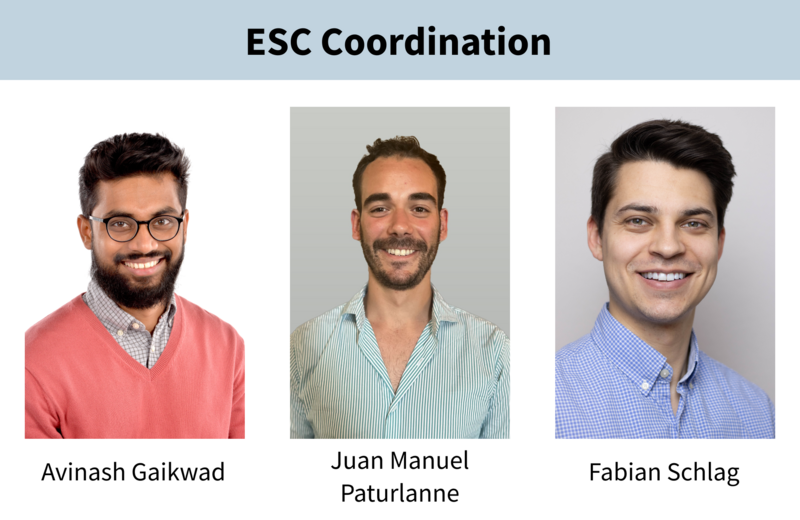
The Early-Career Scientists Club (ESC), formerly Young Scientists Club (YSC), was founded by Kim Joana Westerich and Lara Marie Siebert-Kuss for PhD, medical, and master students from the CRU and associates. Following a two-year term as spokespersons, in June 2023 Kim and Lara passed the baton to doctoral students Juan Manuel Paturlanne and Fabian Schlag from the CeRA as well as Avinash Gaikwad, Postdoc at the Institute of Reproductive Genetics. Besides aiming to connect with each other, the ESC works towards strengthening the visibility of young researchers in- and outside of the CRU. To this end, the ESC offers networking events in a casual environment to allow students to get to know each other, connect, and exchange on a regular basis.
Stay tuned to our upcoming events and get-togethers at our website. If you don’t want to miss an event, feel free to contact Avinash Gaikwad, Fabian Schlag, or Juan Manuel Paturlanne and they will add you to the ESC mailing list.
CRU326 supports International Men’s Health Week
In order to support International Men’s Health Week from 12-18 June, 2023, the CRU launched a Twitter campaign to inform the public about men’s health and male infertility in particular. From Monday to Saturday, CRU326 and Reproduction.MS scientists from CeRA and the Department of Paediatrics shared their expertise in a daily tweet. The messages referred to topics such as testicular tumours, the interrelationship of men’s health and infertility, or the impact of reproductive hormones. A big thank-you to all CRU326 and Reproduction.MS researchers who supported the campaign!
As a Clinical Research Unit focusing on questions related to male infertility, it was our pleasure to contribute to International Men’s Health Week IMHW 2023. We consider it our responsibility to raise awareness and inform the public about issues related to men’s health in general and male infertility in particular.
Impressions from our 2023 CRU326/Repro.MS Retreat in Lüdinghausen
On March 8, about 60 researchers from the CRU326 as well as Reproduction.MS initiative set off to Lüdinghausen for a three-day scientific retreat. Bringing together scientists of different career stages and from numerous departments and clinics across the University, the University Hospital, and Max Planck Institute, the retreat was a great success. Besides enlightening the research group on various facets of reproductive health – ranging from genetic mutations, spermatogeneisis, sticklebacks, bioinformatics, and cryoEM, to name just a few – the retreat was filled with opportunities for interacting and networking. The overarching goal was to foster cooperation and exchange among the many researchers united in their interest for scientific questions on infertility and reproductive health. It was not only about science, but about fun, laughter, quizzing, secret rooftop parties – and of course an endless flow of delicious tapas. Thanks to each and every one of you for contributing to the retreat’s huge success! We’re looking forward to the next edition…
Online Symposium 'Genetic Landscape of Reproductive Health' 2022
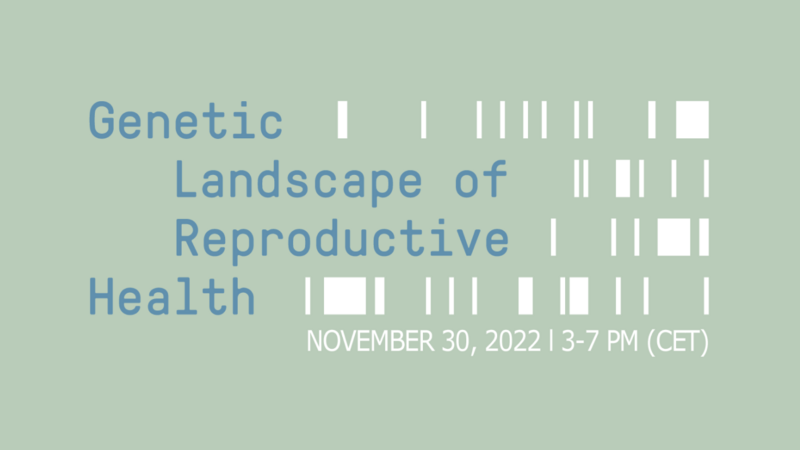
On November 30, 2022, the CRU326 launched its new online workshop format revolving around the 'Genetic Landscape of Reproductive Health'! Renowned national as well as international experts were invited to present and discuss the underlying mechanisms of the changing genome and the impact of genetic alterations on germ cells, fertility, and progeny health.
More than 120 participants from all over the world joined us to learn about genetic topics of Reproductive Health provided by 6 excellent speakers. The condensed format of just 4 hours offered highly informing presentations as well as fruitful conversations. We wrapped up the individual presentations with a roundtable discussion chaired by Csilla Krausz. Given the overwhelmingly positive feedback from the audience, we consider this workshop a tremendous success which prompted us to start thinking about another workshop for next year.
For more information and updates about further workshops feel free to visit the website.



